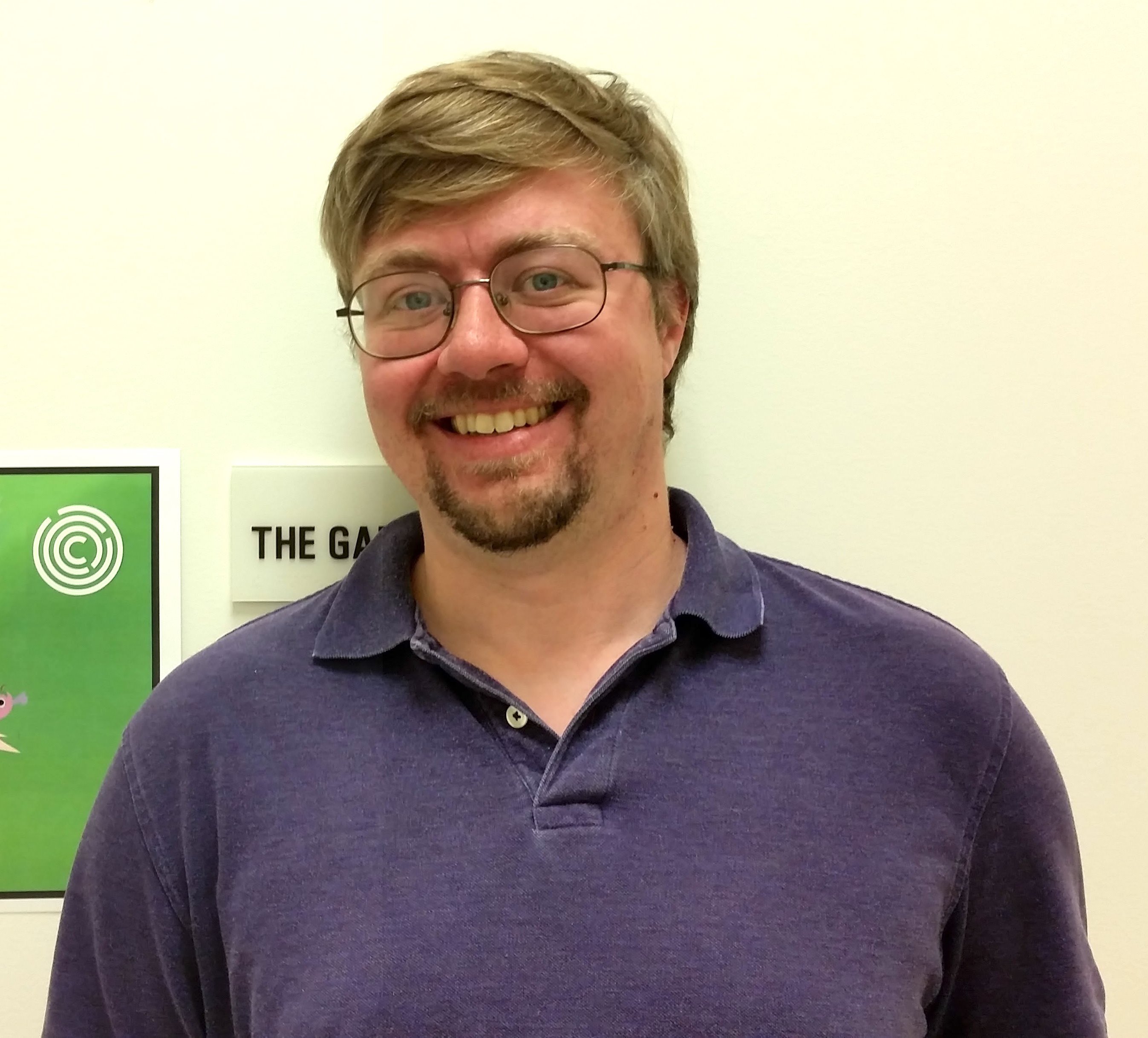Andrew G. York
The York lab's scientific/academic home page

Colleagues
Alfred Millett-Sikking, Scientist
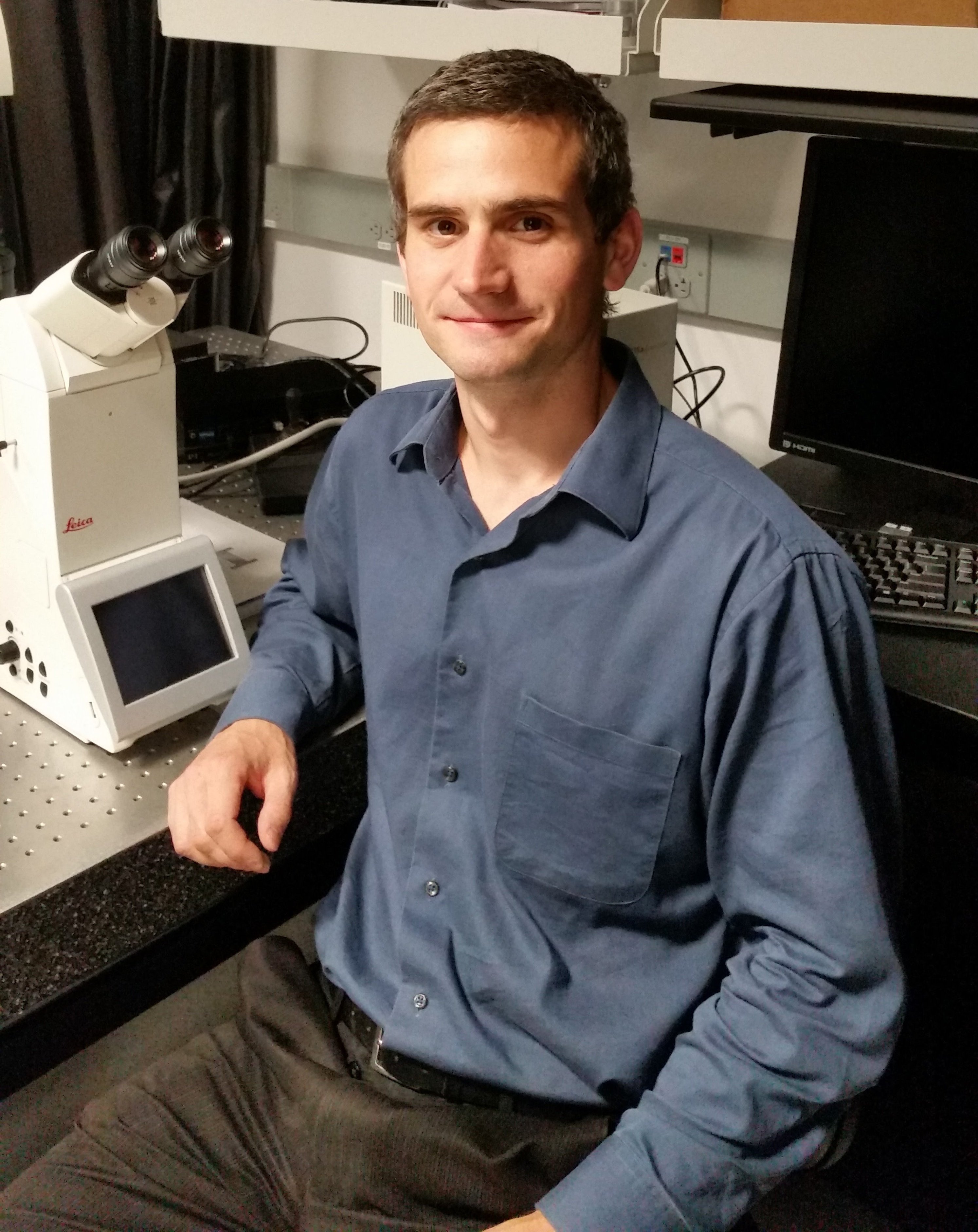
- Github: amsikking
- Gmail: amsikking
- Twitter: amsikking
- I'm a multi-skilled physicist and R&D engineer with notable ability in experimental physics, opto-mechanical design, and microscopy.
Maria del Mar Ingaramo, Scientist
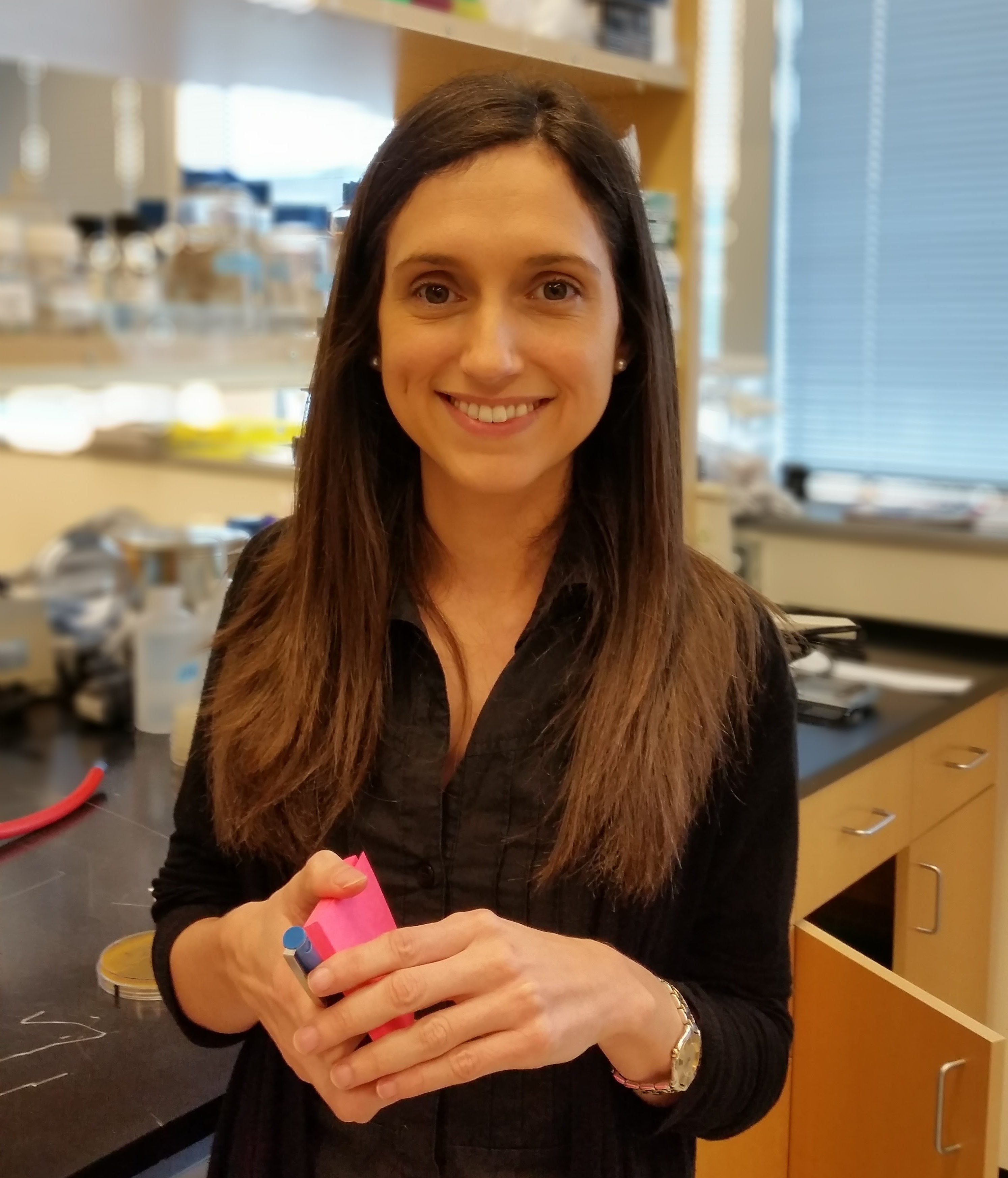
- Google Scholar
- Twitter: Maria_Ingaramo
- I'm a biochemist, with a background in enzymology and a passion for imaging. I'm currently interested in fluorescent protein engineering, especially fluorescent biosensors, and developing advanced imaging techniques, especially those that rely on clever tricks with fluorescent proteins. Half of microscopy happens on the wet side of the coverslip, and I think it's the most interesting half!
Julia Lazzari-Dean, Scientist
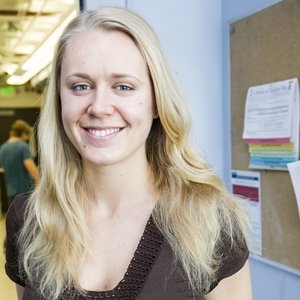
- Google Scholar
- Github: JLazzariDean
- Twitter: JLazzariDean
- I'm a chemical biologist by training, but I'm energized by all aspects of fluorescence microscopy: sensor development, optics/building, cell biology applications, and image analysis. I love diving deep into new areas and have trouble saying no to interesting microscopy questions of all flavors. I particularly like live-cell imaging and creative strategies to add extra dimensions of quantitative information to images (e.g. fluorescence lifetime, anisotropy).
Austin E. Y. T. Lefebvre, Data Scientist
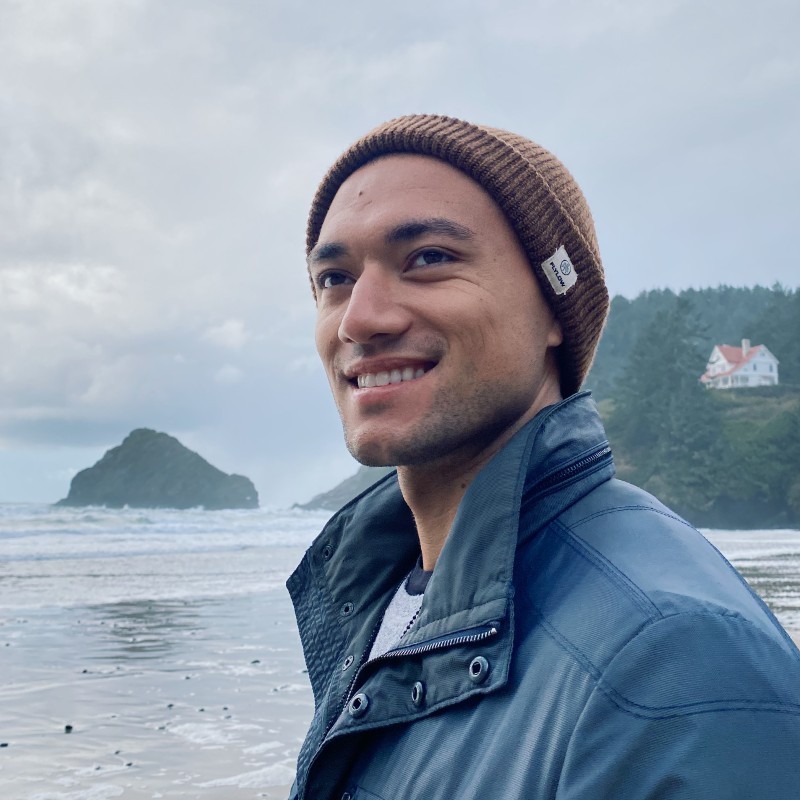
- Google Scholar
- Github: aelefebv
- Gmail: austin.e.lefebvre
- Twitter: Austin_Lefebvre
- I'm a data scientist at Calico, with formal training in microscopy and biology. My previous research was done at the Lab for Fluorescence Dynamics, and before that under Dr. Christian Metallo. I’m a big fan of getting quantitative results out of imaging data and making cool figures.
Andrew York, Principal Investigator

- Google Scholar
- Github: AndrewGYork
- Gmail: Andrew.G.York
- Twitter: AndrewGYork
- I'm a physicist, with a background in optics and a passion for invention. I have no training in biology, but I've found that working closely with biologists fosters a "target-rich" environment for optics/engineering/physics-related innovation.
You? (Scientist, postdoc, intern, etc...)

- We're hiring a core facilty teammate!
- We don't currently have any openings on our research team, but for the right skills/characteristics, we could try to change that. Relevant skills include coding (especially Python/numpy/scipy) and building/making (especially optics/electronics/automation). Biology knowledge or at least being bio-curious is a plus. The most relevant characteristic is blistering productivity and initiative; we have tons of good projects in the queue, we need people who are thirsty to execute. We're always sympathetic to brilliant creativity, though: we'd love to hear the story of how you had the best idea you've ever had, and how you brought your idea into reality.
Alumni
Sanjay Varma
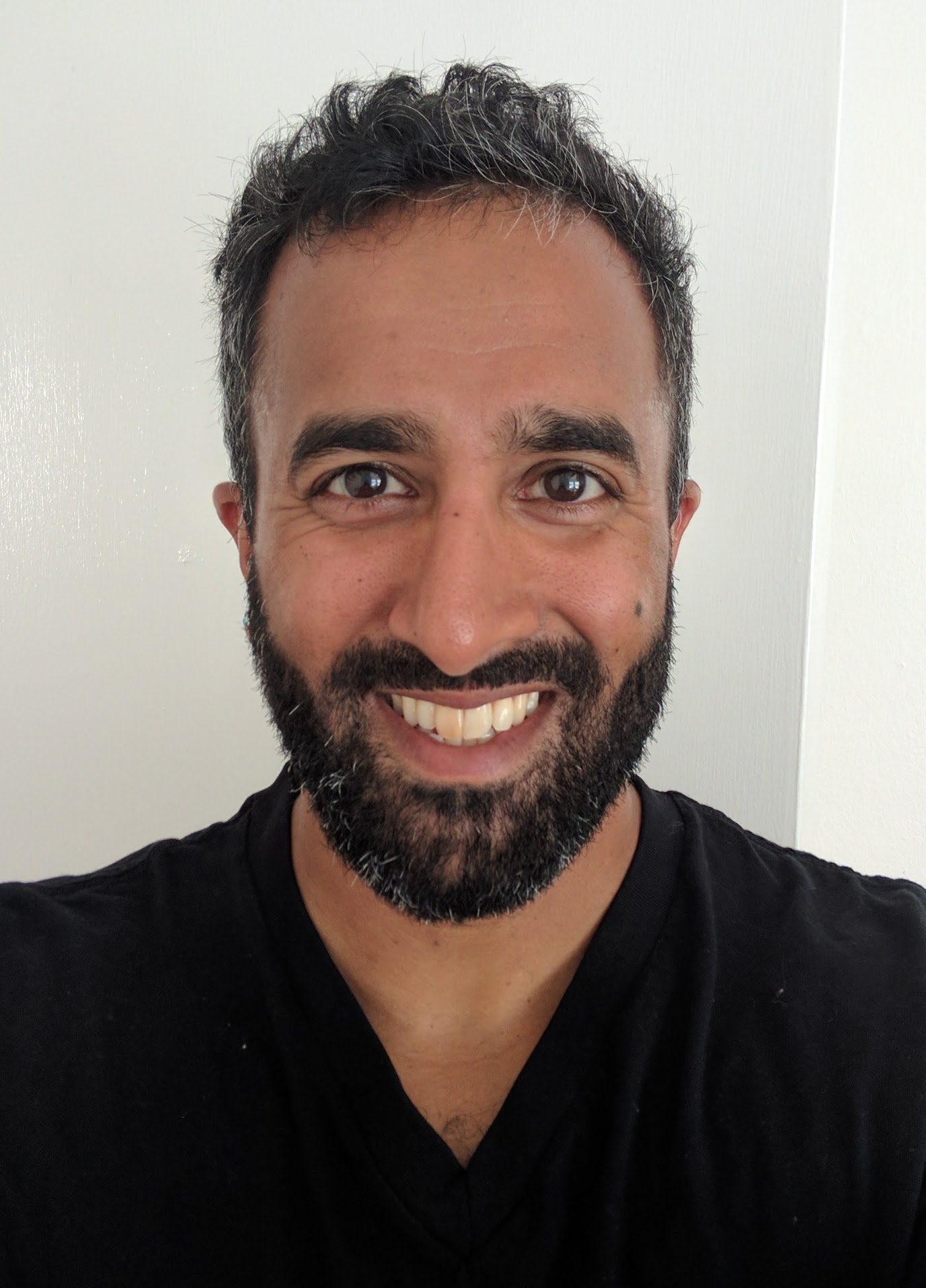
- Google Scholar
- Linkedin
- Github: sanjayvijay
- Gmail: chettah
Benjamin Cooper
